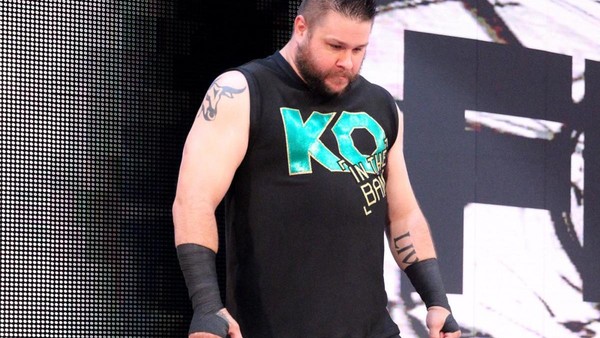Does WWE Make Money From Angry Fans?

Fans grow angry, demonstrate this anger, and get worked all over again. We bemoan the incoherence of the modern product, but this incoherence sustains it, in a strange way. When we rant and rave on Twitter about the complete lack of direction and autonomy of, say, a Kevin Owens, even this helps WWE maintain its digital visibility. To us, it is a heartfelt complaint. To WWE, it is hashtag “engagement” used to highlight to shareholders and business partners that the company is at the forefront of the conversation.
The content of the conversation, like so much else, hardly matters. When Michael Cole bragged that Extreme Rules was the “number one trend worldwide”, a not inconsiderable number used the hashtag to express disbelief that Asuka, once an undefeated, unbeatable warlord immune to the threat of all opponents, was now unable to even focus on her weakest opponent yet.
A collective groan isn’t too dissimilar-sounding to the buzz for which it is mistaken.
As Asuka no longer feels so good, and Kevin Owens falls dutifully into line with whatever contradictory narrative development he is subject to, so do we as fans. “Any publicity is good publicity” is a timeless adage resistant to the digital revolution.
WWE is an established, enduring property. Established properties across the entertainment sphere —Star Wars, Marvel, the entire cinematic canons of Sylvester Stallone and Arnold Schwarzenegger—are rebooted and mutated and repurposed and elongated to extract money from the respective core fanbases. In the age of super-served content, more corporate money than ever is flung at the entities that, like WWE, guaran-d*mn-tee a return on the investment.
This is how WWE enjoys this unprecedented and unfathomable commercial peak: TV rights money.
CONT'D...(3 of 5)